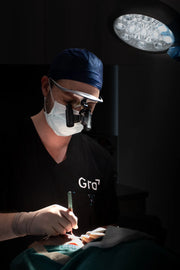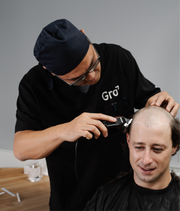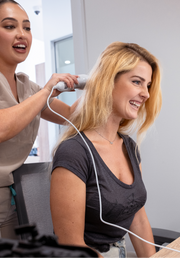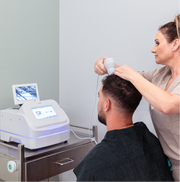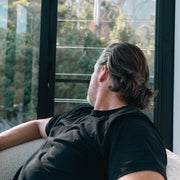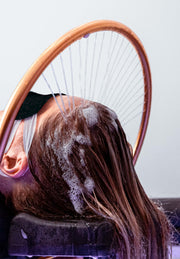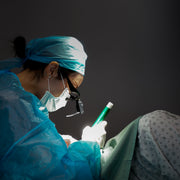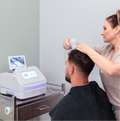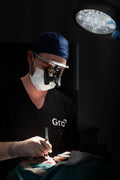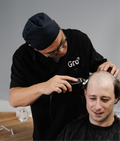Experiencing more hair in the shower or on your brush than usual? Nutrient levels—especially iron—may play a role. This article explores how iron supports overall health and how deficiencies might affect your hair.
Iron is essential for producing hemoglobin, which helps transport oxygen throughout the body. This includes delivering oxygen to cells that support hair structure and growth.
While iron deficiency is not the only possible cause of increased hair shedding, it’s a commonly discussed factor. Let’s break down what it means and what to do next.
What Causes Iron Deficiency?
Low iron levels can result from:
- Dietary changes, including restrictive diets or low iron intake
- Pregnancy, menstruation, or blood loss
- Digestive conditions like undiagnosed coeliac disease, which may affect iron absorption
How Much Iron Do You Need?
Iron requirements vary by age, gender, and life stage. If you suspect a deficiency, it’s important to consult a registered health practitioner. They can order a blood test and assess whether dietary changes or supplementation may be appropriate.
How Iron Deficiency May Affect Hair
Hair shedding beyond the usual 50–100 strands per day may be one sign of low iron, but it's not the only possible reason. Some individuals also report brittle nails or fatigue when iron stores are low. Only a practitioner can determine whether iron deficiency is contributing to changes in hair density or condition.
In cases where iron deficiency is confirmed and treated, hair may gradually appear fuller again—but results vary and improvement may take time.
When to Speak With a Professional
If you're experiencing:
- Ongoing fatigue or low energy
- Shortness of breath
- Cold hands and feet
- Increased hair shedding
...it may be worth discussing with your GP. They can recommend the right path forward, including testing and treatment if needed.
What If It’s Not Iron Deficiency?
Hair thinning or loss can occur for many reasons. In some cases, genetics may be a factor—particularly in male or female pattern hair loss. These patterns can appear gradually and present differently for each individual.
If iron levels are normal but concerns about hair persist, it may be worth exploring other options. Consult a health practitioner for tailored advice. Gro Clinics also offers consultations to explore available treatment pathways for hair restoration.
Want to Learn More?
Gro Clinics offers consultations nationwide to explore your options. No referrals needed. You can book an in-person or Zoom consult with one of our trained hair growth advisors at a clinic near you:
Disclaimer: This information is general in nature and not a substitute for medical advice. Always consult a registered health practitioner regarding personal health concerns.

